Networking science.
News
Transformativer Wandel ist notwendig, dringend und möglich
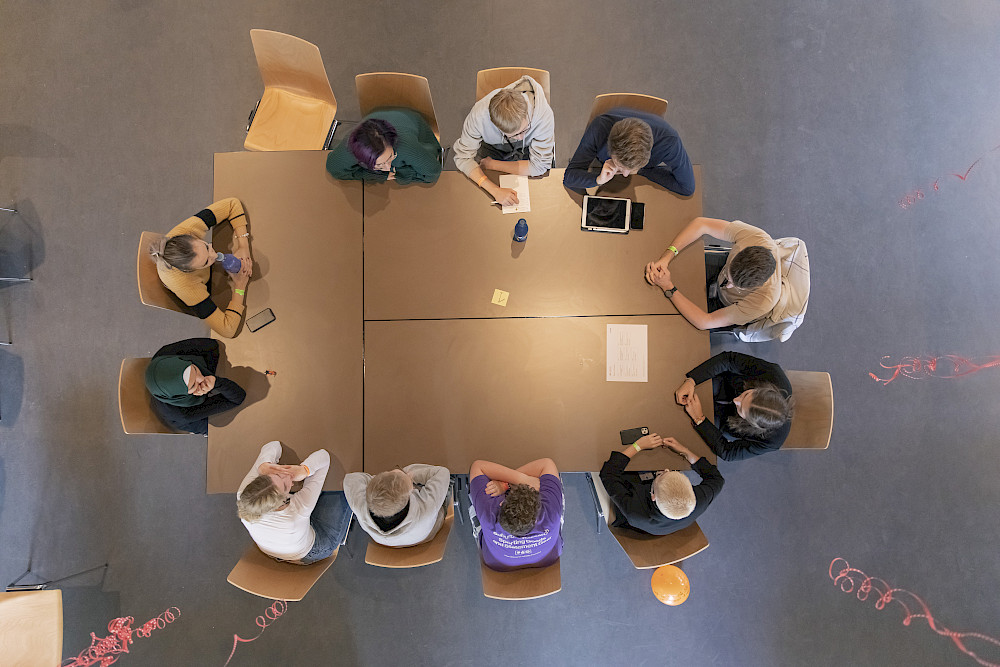
Zum Tod von Charles Kleiber
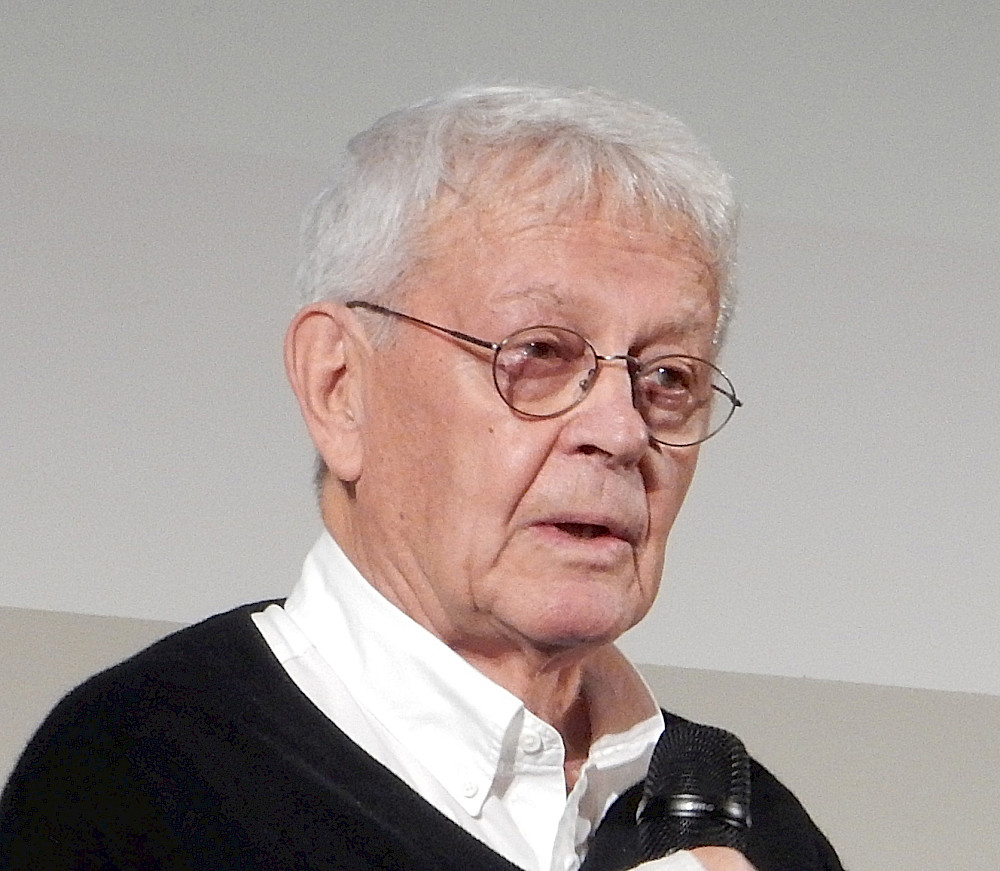
Freund der Akademien, Staatssekretär für Bildung und Forschung, Visionär: Charles Kleiber hatte die Stiftung Science et Cité ins Leben gerufen, das jüngste Mitglied in unserem Akademienverbund. Die Akademien der Wissenschaften Schweiz verdanken diesem Mann von Überzeugung und Offenheit viel. Er scheute nie die Öffentlichkeit, wenn es darum ging, mit seinen Ideen zu überzeugen. Charles Kleiber ist am 14. Januar 2025 im Alter von 82 Jahren verstorben.
Marcel Benoist Preis 2025
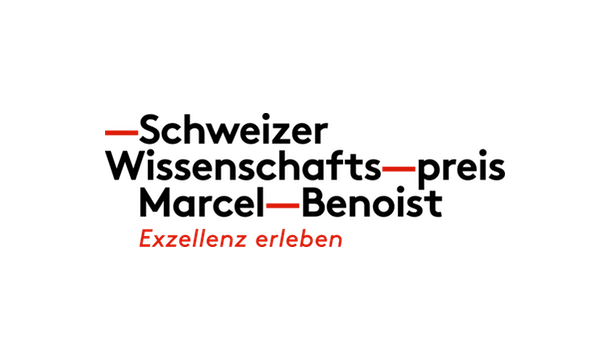
Responsible internationalisation
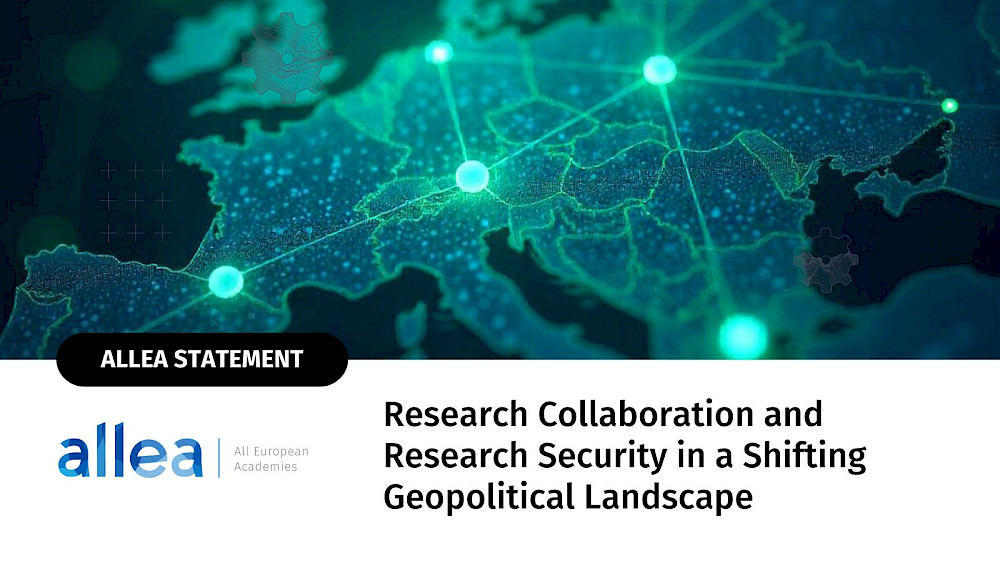
European science academies plea for a good balance between openness and robust safeguards in international research collaboration.
Herausforderungen rund um Biodiversität, Wasser, Nahrung, Gesundheit und Klima koordiniert angehen

Veränderung der Sonneneinstrahlung: EU-Bericht mit Beiträgen von drei Forschenden aus der Schweiz
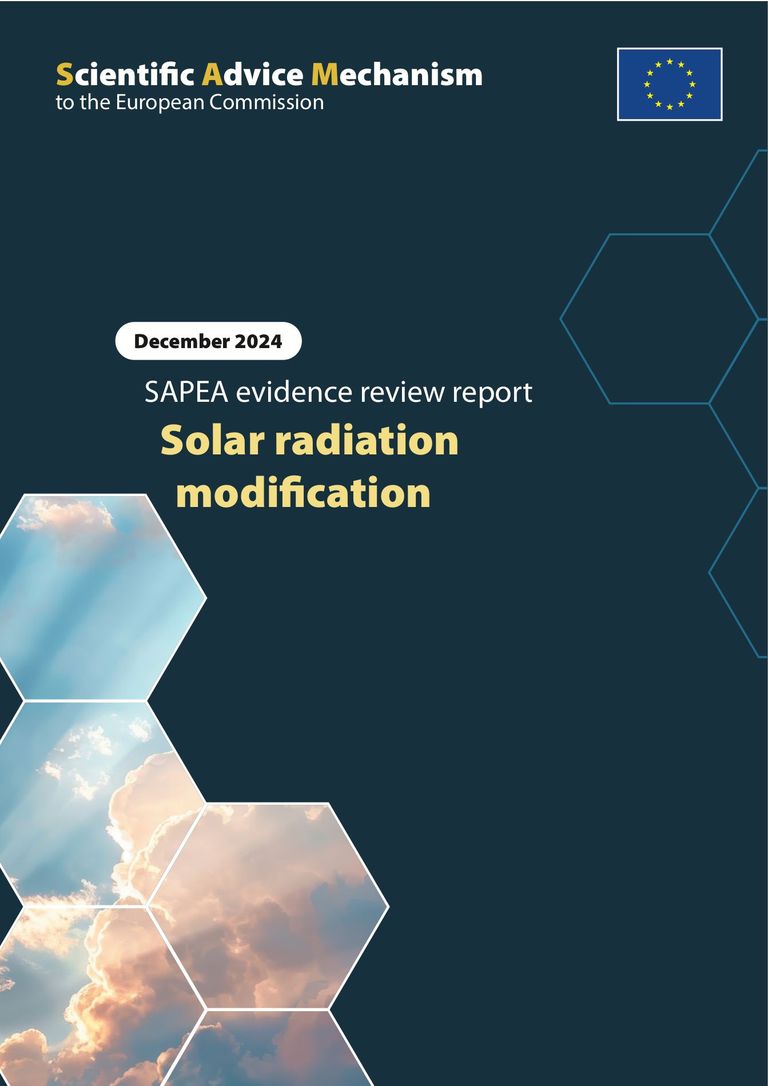
Open Science rewarded: Four Projects to receive the National Prize for Open Research Data
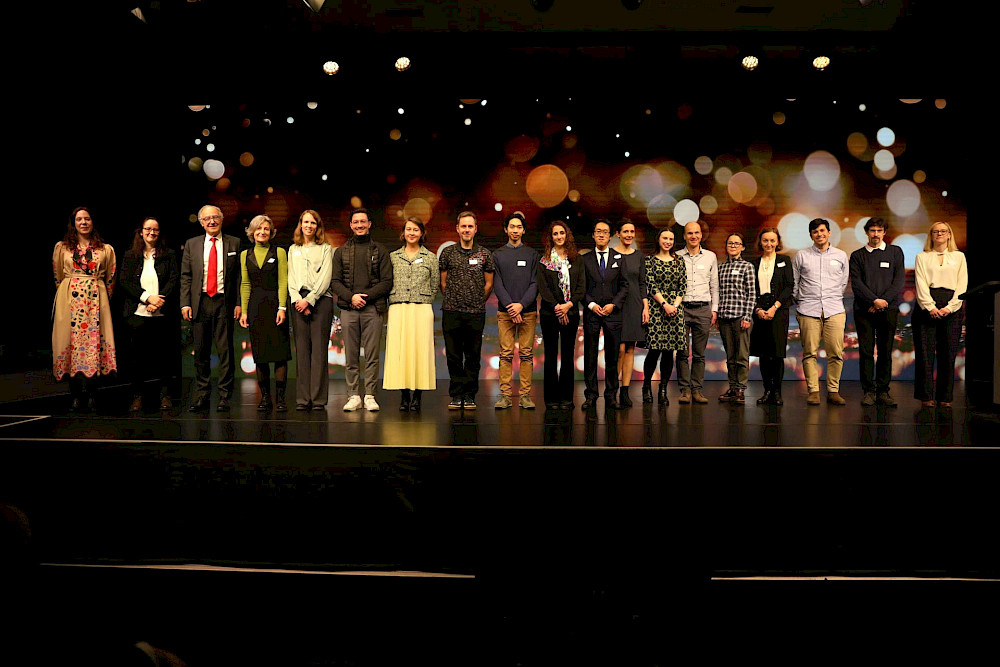
They offer innovative approaches to reusing research data in interdisciplinary, collaborative, and educational contexts. The winners of the National ORD Prize 2024 are Pathoplexus, ROADS, openwashdata, and ENAC-IT4Research. The awards come with a total prize money of CHF 21,000.
Switzerland to establish a National Competence Centre for Scientific Integrity
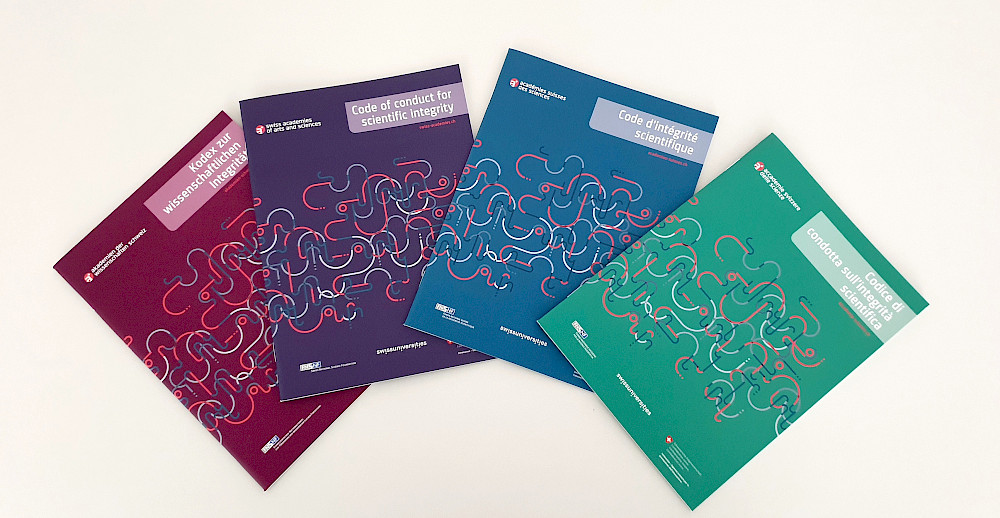
At its meeting on 8 November 2024, the Swiss Conference of Higher Education Institutions passed the Ordinance on Quality Assurance in the Area of Scientific Integrity. This resolved to set up a Competence Centre for Scientific Integrity Switzerland. The Competence Centre will act in an advisory capacity for higher education institutions when it comes to scientific integrity in addition to gathering data on scientific integrity in Switzerland.
Sustainable University Day il 12 novembre a Zurigo
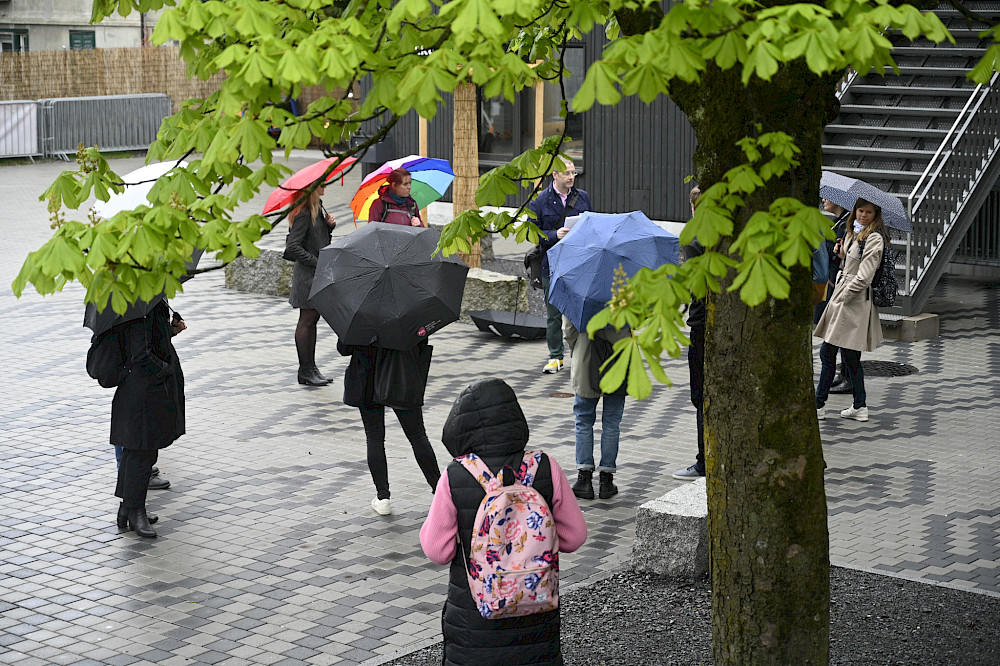
Il 12 novembre 2024, presso il Politecnico di Zurigo e l'Università di Zurigo, si terrà il Sustainable University Day. La conferenza promossa dal programma di finanziamento U Change delle Accademie svizzere delle scienze, è organizzata congiuntamente dalle scuole universitarie zurighesi ZHdK, ZHAW, ETH, HfH, PHZH e UZH. Invita tutti i membri degli scuole universitarie svizzere e chiunque sia interessato ad approfondire il tema «Rafforzare la cultura della sostenibilità nelle scuole universitarie svizzere».
Daniel Moeckli: new human rights delegate of the academies
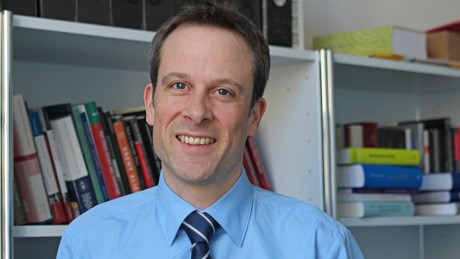
Severe melting of glaciers despite heavy snowfall at high altitudes
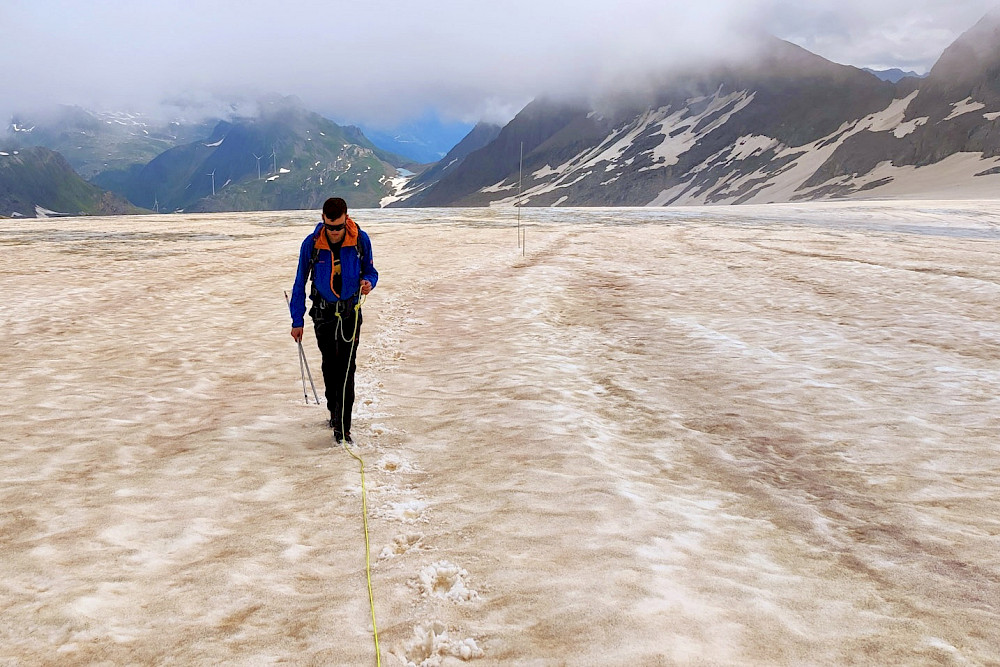
After the extreme circumstances encountered in 2022 and 2023, no relief is in sight for Swiss glaciers. Despite exceptionally large volumes of snow during the winter, a combination of temperatures in July and August that at times reached record levels and dust from the Sahara resulted in a loss of 2.5% of the glacier volume. This was reported by the Swiss Commission for Cryosphere Observation of the Swiss Academy of Sciences (SCNAT) on Tuesday.
How the microstructure of snow in the Arctic influences sea ice and the global climate
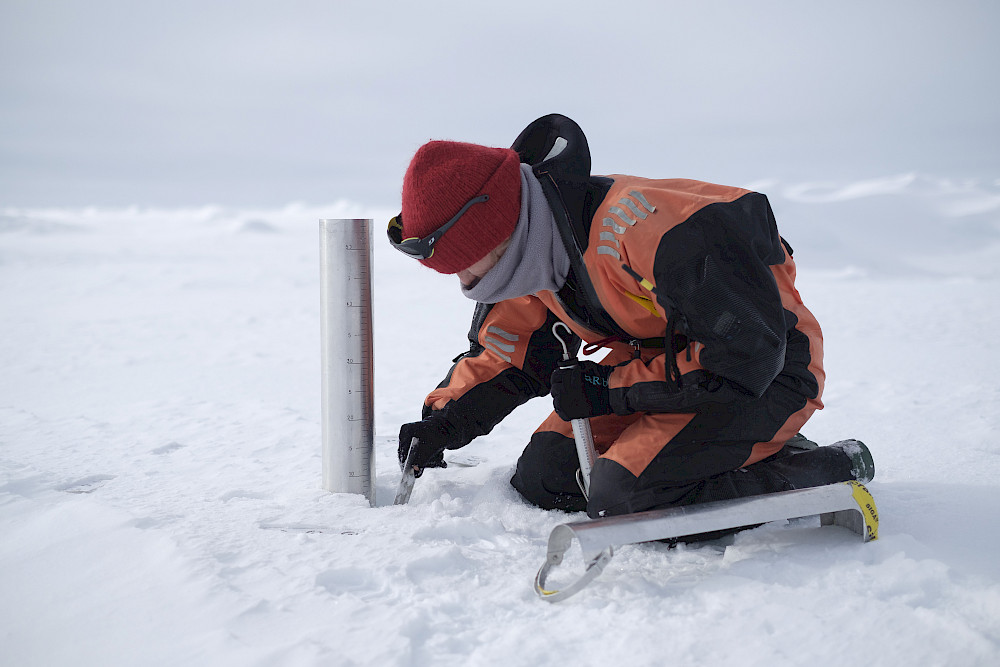
Amy R. Macfarlane will be awarded the Prix de Quervain 2024 for her excellent and innovative doctoral dissertation at the ETH Zurich and the WSL Institute for Snow and Avalanche Research SLF. Her research serves as a base to reduce major uncertainties on sea ice modelling and to improve the quality of global climate models predictions. For this, she applied a wide variety of instruments to measure the microstructure of snow in high resolution directly in the Arctic for the first time.
From Law to the History of Science, and from the Biology of Ageing to Innovative Materials: the 2024 Balzan Prizes Focus on Sustainable Progress
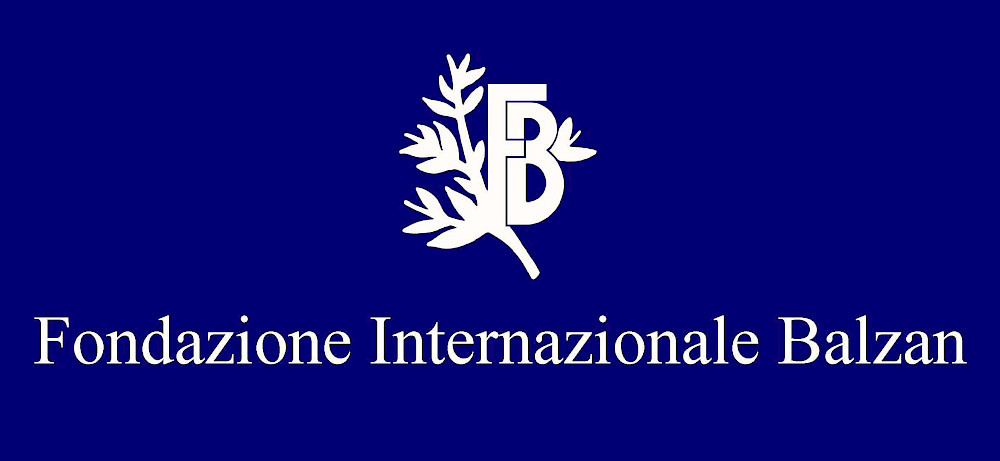
Today, in Milan, the President of the International Balzan Foundation “Prize”, Maria Cristina Messa, and the Chair of the Balzan General Prize Committee, Marta Cartabia, announced the winners of the four 2024 Balzan Prizes. The winners are John Braithwaite (Australia), Lorraine Daston (Germany/USA), Michael N. Hall (Switzerland/USA), and Omar Yaghi (USA). The four winners will receive their prizes on 21 November 2024 in Rome.
Citizen Science in Switzerland: Taking Stock and Ways into the Future
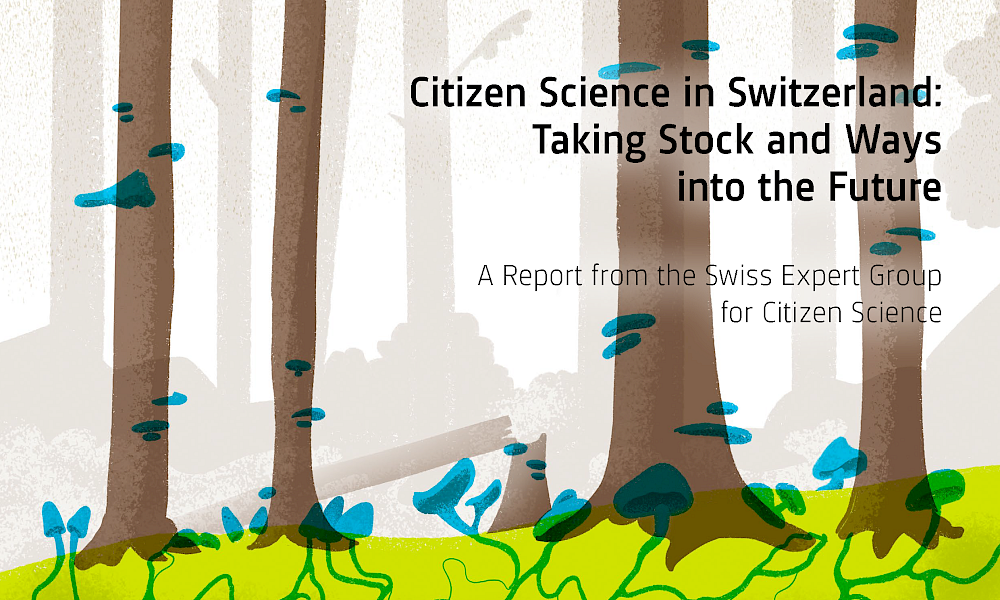
Panorama Gesellschaft Schweiz 2024

Vernetzung von Wissenschaft und Gesellschaft gefährdet
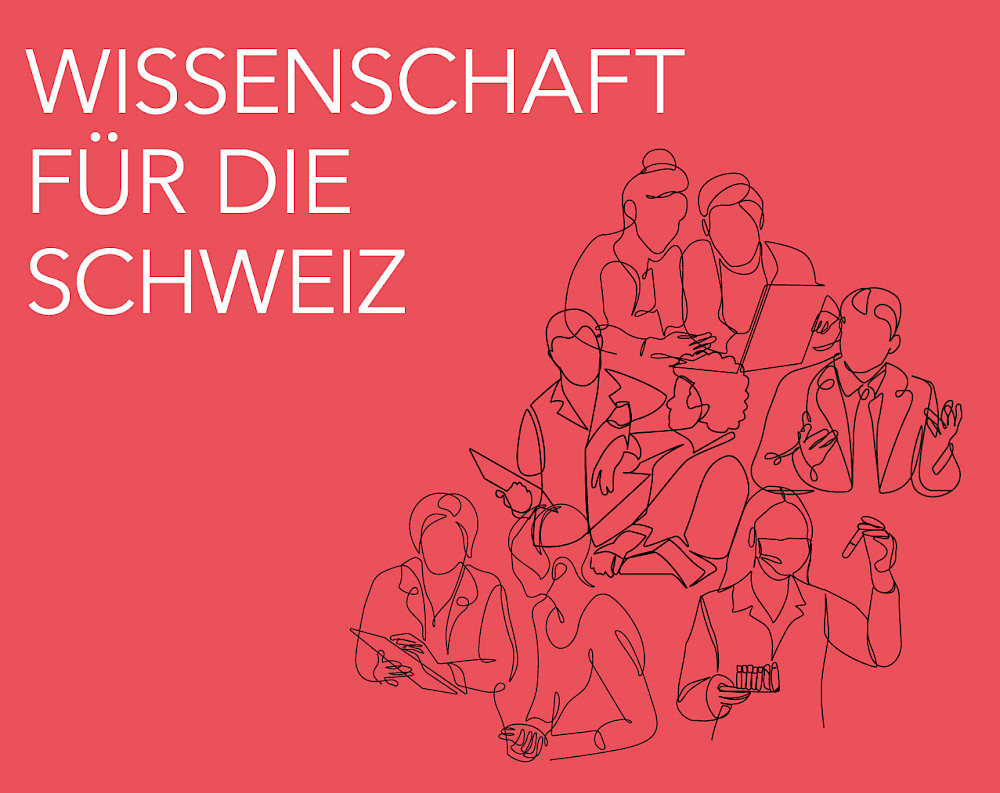
Die Kommission für Wissenschaft, Bildung und Kultur des Ständerats hat gestern entschieden, die Mittel für die BFI-Institutionen, einschliesslich der Akademien der Wissenschaften Schweiz, für die Periode 2025 bis 2028 nicht zu erhöhen. Die Einsparungen gefährden insbesondere den Grundauftrag der Akademien und damit die bessere Vernetzung von Wissenschaft, Politik und Gesellschaft.
New Executive Board members and speaker elected
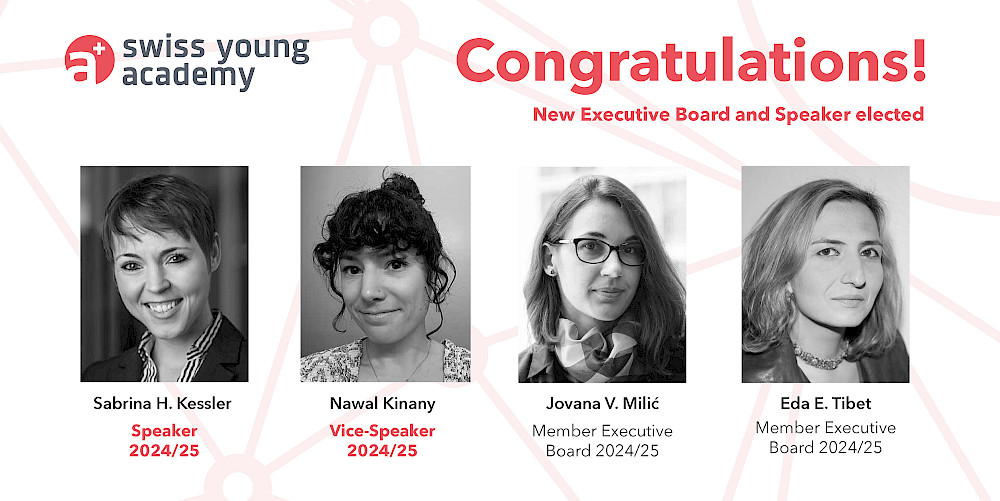
The members of the Swiss Young Academy elected their new Executive Board on 21 June 2024. Sabrina Heike Kessler was appointed as the new speaker for the 2024/25 term of office. Nawal Kinany will serve as the vice-speaker. An important project next year will be to organize the European Young Academies Meeting 2025 in Bern. Furthermore, Sofie Behluli as speaker and Silvia Maier as vice-speaker were thanked for their great commitment during the previous term of office.
National Prize for Open Research Data 2024: Nominations now also possible

The National Prize for Open Research Data (ORD Prize) is in line with Switzerland's National ORD Strategy and promotes best practices and innovative methods in the field of Open Research Data. This year, there are two focus areas: Collaborative and/or interdisciplinary reuse of research data and educational and/or public outreach related to the reuse of research data. Applications for the are still possible until 31 July 2024, 5:00 PM. New this year, nominations for the ORD Prize can be submitted via an online-form.
Switzerland should take an active approach to critical materials for the energy transition

Scholars at Risk SAR: Global Conference with Swiss Panel

Parwiz Mosamim, doctoral researcher from Afghanistan at USI Università della Svizzera italiana since 2021, featured in the panel “Courage to Think”, moderated by Roger Pfister from the Swiss Academies of Arts and Sciences and former Chair of SAR Switzerland. Discussing the situation of the research and higher education sector in Afghanistan, that of women and journalism in particular, as well as Parwiz’ research project on women’s representation barriers and opportunities in the public administration of the Afghan government.